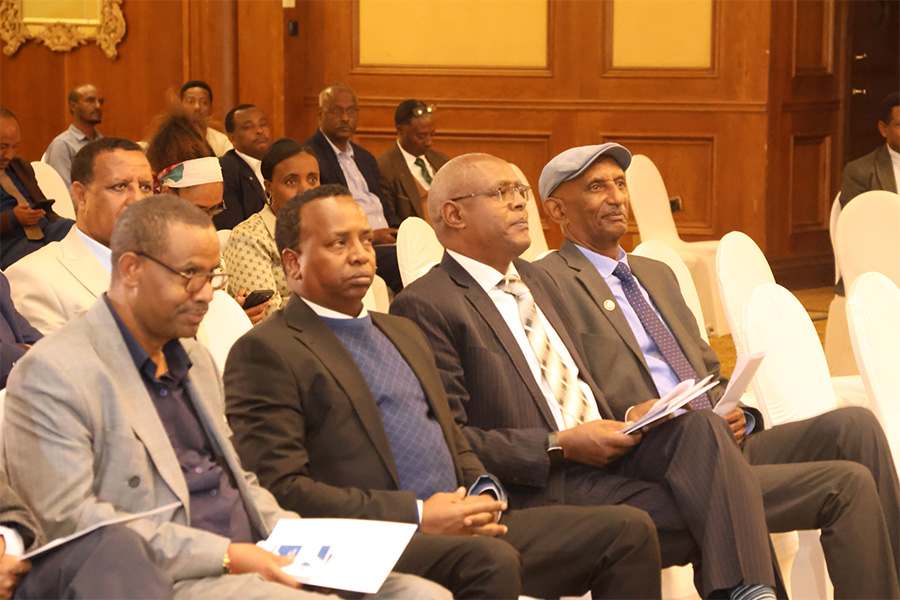
The Grand Ethiopian Renaissance Dam (GERD), a 5,150MW hydropower project, requires an additional 80 billion Br, one-third of its 2024 revised cost of 240 billion Br. The dam has reached 97.6pc completion. The dam began in April 2011 with an estimated budget of 80 billion Br. “The civil construction is complete, but the electromechanical work remains unfinished,” said Solomon Daniel, public relations head for GERD Coordination Project Office's Public Diplomacy. He stated that the Office initially estimated an additional 50 billion Br to complete the project in June 2024. “But due to currency devaluation and other factors, it now requires another 80 billion Br.” Aregawi Berhe (PhD), head of the Office of the National Council for the Coordination of Public Participation said that 20.2 billion Br has been raised since construction began, but further contributions are needed. Four turbines are operational, while nine are still in progress. High transportation costs from Djibouti Port to the dam site in Guba, Benishangul Gumuz Regional States have intensified expenses, according to Aregawi. “If funding is secured, we expect to finish the project this year,” he said. Experts have attributed delays to poor planning, design changes, and economic challenges. “Projects like GERD require thorough feasibility studies covering financial, technical, and social aspects. Without adequate financing, manpower, and political stability, completion becomes difficult,” said Abebe Dinku (PhD), a professor of civil engineering at Addis Abeba University. The devaluation of the local currency has greatly impacted the dam’s progress. Abebe says that when GERD began, the exchange rate was less than 20 Br to the dollar. “It has since increased over fivefold, compounding costs,” he said. “The shortage of foreign currency and political instability have also hindered progress.” The professor urged better oversight and planning for large-scale projects. He says that strong feasibility study, regular progress reviews, collaboration with international experts, and ensuring financial and foreign currency availability are critical for timely completion.
[ssba-buttons]